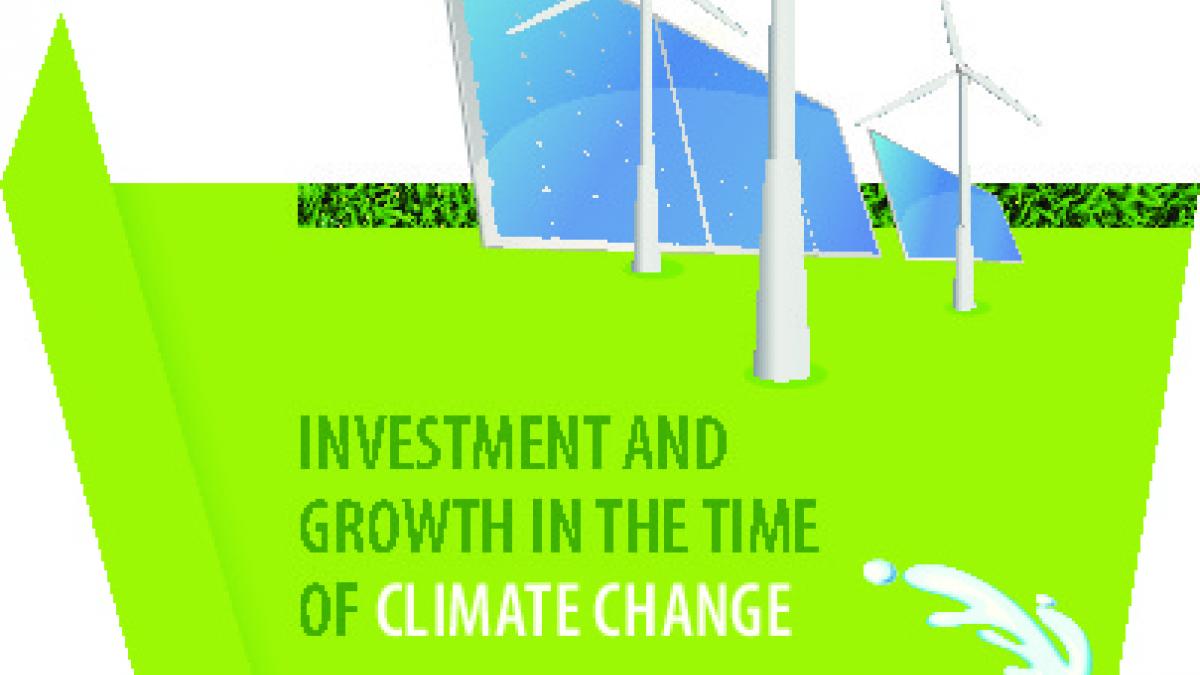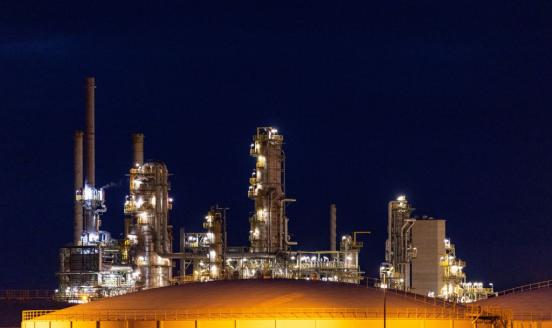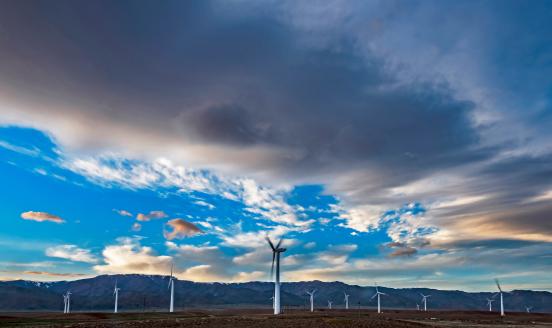Investment and growth in the time of climate change
Largely focussing on the European dimension of this goal, this report considers investment and economic growth on a greenhouse-gas emissions trajector

See also comment 'Investment and growth in the time of climate change'
Climate scientists mostly agree that, if current trends continue, global greenhouse-gas emissions are very likely to result in dangerous interference by mankind in the earth’s climate. Against this background, the world community has set itself the goal of limiting the increase in the global average temperature by the end of this century to no more than 2°C compared to pre-industrial times. To get there, global emissions will have to fall substantially.
Largely focussing on the European dimension of this goal, this report considers investment and economic growth on a greenhouse-gas emissions trajectory that breaks with the past. Investment-related questions that this report pursues include: how should Europe properly balance investment in mitigating greenhouse-gas emissions and adaptation to climate change?
How urgent is it to invest in both? How do global cooperation on climate action and fear of climate catastrophe impact on the balance between mitigation and adaptation? What are the key obstacles to climate investment? Which policies promise to remove these obstacles and make investment profitable, thereby encouraging investment finance? What are the respective roles of the private and the public sector? Growth-related questions include: how are climate action and economic growth linked and, specifically,what is the role of innovation? Are there only trade-offs between climate action and growth or are therewin-wins, too? Can climate action help Europe emerge from its economic crisis? How can climate action be made as growth-friendly as possible?
In addressing these questions, this report takes an economic perspective. More specifically, at the heart of the analysis is the quest for economic efficiency. Not surprisingly for this type of analysis, a key theme running through the report is one of trade-offs and difficult choices that society needs to make. Cognisant of the fact that markets left alone will not make economically efficient choices, another common theme is the role of government policies in bringing about efficient outcomes. Considering trade-offs and government policy together, the key message from this report is that there is unexploited scope for making Europe’s climate action more efficient, growth-friendly, and in tune with fiscal constraints.
The report is the result of a joint research effort by the Economics Department of the European Investment Bank and Bruegel. It is our hope that it will help to clarify some of the complexities involved in designing effective policies to address climate change without sacrificing too much economic growth, in a world in which international cooperation on climate action is so difficult to achieve.



